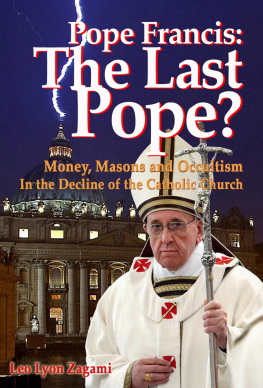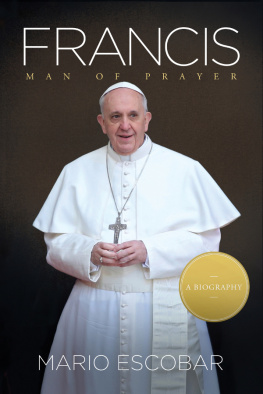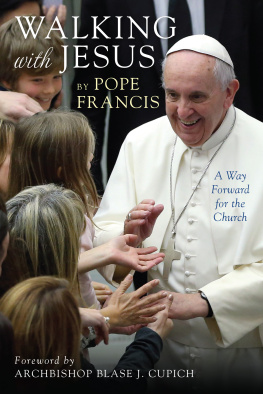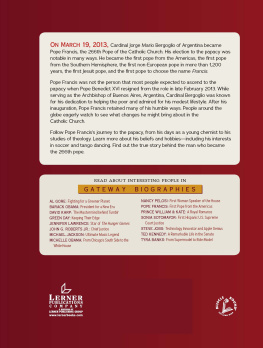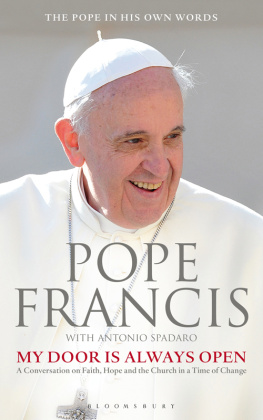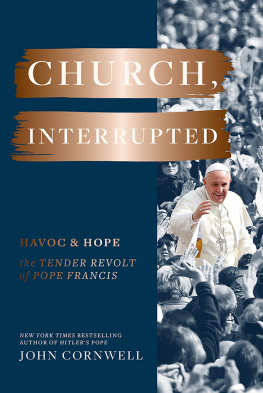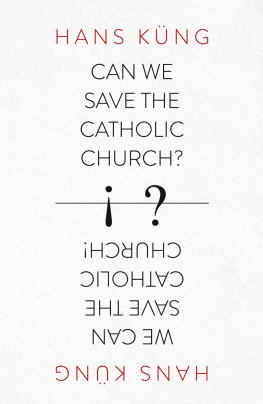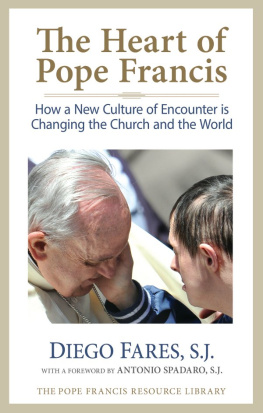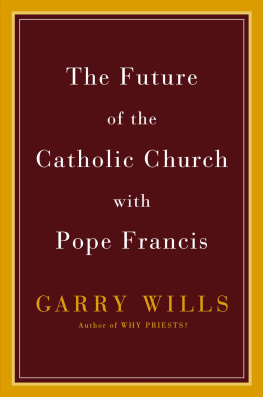Thank you for downloading this Simon & Schuster ebook.
Get a FREE ebook when you join our mailing list. Plus, get updates on new releases, deals, recommended reads, and more from Simon & Schuster. Click below to sign up and see terms and conditions.
CLICK HERE TO SIGN UP
Already a subscriber? Provide your email again so we can register this ebook and send you more of what you like to read. You will continue to receive exclusive offers in your inbox.
We hope you enjoyed reading this Simon & Schuster ebook.
Get a FREE ebook when you join our mailing list. Plus, get updates on new releases, deals, recommended reads, and more from Simon & Schuster. Click below to sign up and see terms and conditions.
CLICK HERE TO SIGN UP
Already a subscriber? Provide your email again so we can register this ebook and send you more of what you like to read. You will continue to receive exclusive offers in your inbox.
ALSO BY ROSS DOUTHAT
Bad Religion: How We Became a Nation of Heretics
Privilege: Harvard and the Education of the Ruling Class

Simon & Schuster
1230 Avenue of the Americas
New York, NY 10020
www.SimonandSchuster.com
Copyright 2018 by Ross Douthat
All rights reserved, including the right to reproduce this book or portions thereof in any form whatsoever. For information address Simon & Schuster Subsidiary Rights Department, 1230 Avenue of the Americas, New York, NY 10020.
First Simon & Schuster hardcover edition March 2018
SIMON & SCHUSTER and colophon are registered trademarks of Simon & Schuster, Inc.
For information about special discounts for bulk purchases, please contact Simon & Schuster Special Sales at 1-866-506-1949 or .
The Simon & Schuster Speakers Bureau can bring authors to your live event. For more information or to book an event contact the Simon & Schuster Speakers Bureau at 1-866-248-3049 or visit our website at www.simonspeakers.com.
Interior design by Ruth Lee-Mui
Jacket Design by Darren Haggar
Jacket Image by Alberto Pizzoli/Afp/Getty Images
Library of Congress Cataloging-in-Publication Data is available.
ISBN 978-1-5011-4692-3
ISBN 978-1-5011-4694-7 (ebook)
This ones for Gwendolyn, Eleanor, and Nicholas
For the Holy Spirit was promised to the successors of Peter not so that they might, by his revelation, make known some new doctrine, but that, by his assistance, they might religiously guard and faithfully expound the revelation or deposit of faith transmitted by the apostles.
Pastor Aeternus , First Vatican Council, 1870
Therefore a man shall leave his father and mother and hold fast to his wife, and the two shall become one flesh. This mystery is profound, and I am saying that it refers to Christ and the church.
Saint Paul, Letter to the Ephesians
But that would be putting the clock back, gasped the governor. Have you no idea of progress, of development?
I have seen them both in an egg, said Caspian. We call it Going Bad in Narnia...
C. S. Lewis, The Voyage of the Dawn Treader
A Personal Preface
This is a book about the most important religious story of our time: the fate of the worlds largest religious institution under a pope who believes that Catholicism can change in ways that his predecessors rejected, and who faces resistance from Catholics who believe the changes he seeks risk breaking faith with Jesus Christ.
It is also a story that cannot be written about neutrally. The outsider to Catholicism is unlikely to fully grasp or appreciate the stakes, or to take the competing theologies as seriously as do the bishops, cardinals, and lay Catholics embroiled in the churchs civil war. The insider, the believer, is likely to be pulled to one side or another, to see Gods hand at work in either reform or resistance, to assume that the Holy Spirit has a favorite in the struggle. So it makes sense at the outset to briefly lay out my own background and biases, the experiences and assumptions that I bring to the telling of this fascinating and very much unfinished story.
I was not born a Roman Catholic, but neither did I join the Catholic Church as an adult. My family was Episcopalian in the beginning, and as a child I received a certain amount of religious formationdistinctively strange formation, in some casesin various Protestant circles, Mainline and evangelical and Pentecostalist. Then I became a Catholic as a teenager, along with my family, in a shift that I welcomed but that was impelled more by my mothers spiritual journey than my own. So in the world of cradle Catholics and adult converts, groups that are often contrasted with one another and occasionally find themselves at odds, I belong to the little-known third category in between.
As a result I share something with each group, while lacking something each enjoys. Like other converts I did not recite Hail Marys as a child or experience the church as a deep ancestral inheritance, bound up with blood and class and ethnic patrimony. Instead I made an intellectualized religious choice, reading the books that converts tend to read and deciding the things that they decide, choosing Catholicism because its claims were more convincing than the Protestant churches of my youth.
But I did so while I was still half a kid, under strong maternal influence. Which meant that I also had elements of the cradle Catholic experiencea devoutly Catholic mother, confirmation classes with other teens rather than the adult-oriented conversion program, an after-school job manning the desk in my parishs priory, a hormonal adolescence and the attendant Catholic guilt. And it meant that like all cradle Catholics I have no way of knowing for certain if I would have chosen the church simply on my initiative, independently of family influence. My intellect says yes, but my self-awareness raises an eyebrowbecause I have a strong interest in religious questions but relatively little natural piety, I can imagine myself lingering in the antechamber of a conversion, hesitating to pass inside.
When I went out into the world, to college and then into journalism, where my identity as a Catholic became important to my writing, this in-between feeling took on a new cast. In the secular world, my faith made me a curiosity and sometimes an extremist: I was a real live Catholic , not the lapsed or collapsed or Christmas-and-Easter sort that populate so many campuses and newsrooms, and whats more I had actually chosen to join the faith, deliberately signed on to all the strange dogmas and strict moral rules. And even if my friends and colleagues noticed that I didnt always live by them, I at least went to mass every Sunday and spoke up for something called orthodoxy in my writing, which was enough to make me seem like a zealotthe friendly sort, the kind you could have a beer and enjoy an argument with, but a guy with pretty strange ideas all the same.
But then if I went among my fellow true believers, both those who had converted and those cradle Catholics who were committed theologically as well as tribally, I was always conscious that my secular friends were wrong, that I wasnt much of a zealot after all, that I lacked something required for the part that I had been assigned in my professional life. My fellow serious Catholics seemed to have sincerity and certainty where I had irony and doubt. They went on retreats and knew whose feast day it was and had special devotions and prayed novenas; I was always forgetting basic prayers and Holy Days of Obligation. They seemed to approach the dogmas and rules as a gift, a source of freedom, a ladder up to God; I wrestled with them, doubted them, disobeyed them, constantly ran variations on Pascals Wager in my head. They joined Opus Dei or attended Latin Masses; I was often at a 5 p.m. guitar mass, hating the aesthetics but preferring the schedule because it fit my spiritual sloth.
Next page

